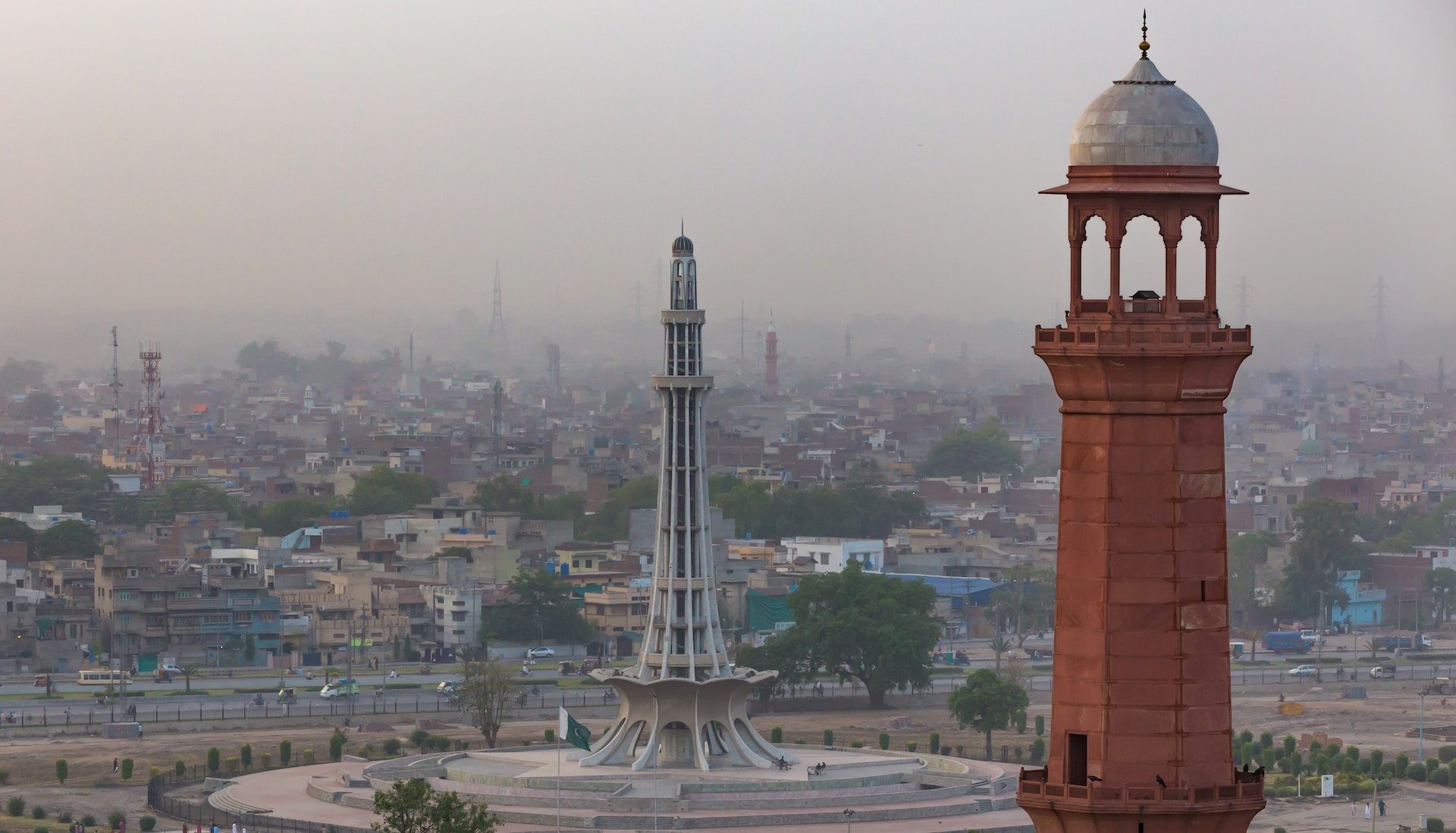The EU’s trade scheme rewards countries that respect human rights, but Pakistan may lose its benefits due to unfortunate record of human rights violations in recent months.
Pakistan is one of the beneficiaries of the EU’s Generalized Scheme of Preferences Plus (GSP+), which grants preferential access to the EU market for developing countries that ratify and implement 27 international conventions on human rights, labour rights, environmental protection and good governance. However, Pakistan’s GSP+ status is under review, and it may face suspension or withdrawal if it fails to address the serious human rights violations that have plagued the country in recent months.
What are the human rights violations in Pakistan?
According to various reports by international and local human rights organizations, Pakistan has witnessed grave human rights violations in 2022-23, including:
- Enforced disappearances, torture and extrajudicial killings of activists, journalists, lawyers, political opponents and members of ethnic and religious minorities by state authorities and militant groups.
- Harassment, intimidation and violence against media outlets and civil society groups that criticize the government or expose abuses.
- Misuse of draconian sedition and counterterrorism laws to stifle dissent and silence peaceful protesters.
- Discrimination, persecution and violence against women, religious minorities, transgender people and other marginalized groups, with impunity for perpetrators and lack of protection for victims.
Why does GSP+ status matter for Pakistan?
Pakistan was granted GSP+ status by the EU in 2014, after it ratified the 27 conventions required by the scheme. Since then, Pakistan has enjoyed duty-free access to the EU market for 66% of its exports, mainly textiles and clothing. According to the EU, GSP+ has helped Pakistan increase its exports to the EU by 65% between 2014 and 2019, creating jobs and income for millions of people. Total EU imports from Pakistan amounted to €6.6 billion in 2021, of which €4.7 billion were imported benefiting from GSP+ tariffs. This makes Pakistan the largest beneficiary among all GSP+ beneficiary countries.
However, GSP+ status is not unconditional. The EU monitors the implementation of the conventions by the beneficiary countries through regular dialogues, reports and visits. The EU can also launch investigations into alleged violations of the conventions, and suspend or withdraw GSP+ benefits if it finds serious and systematic breaches.
What are the risks for Pakistan’s GSP+ status?
Pakistan’s GSP+ status is under review by the EU since 2020. The EU has expressed serious concerns about Pakistan’s human rights situation in its latest report published in 2021. The report highlighted issues such as enforced disappearances, blasphemy laws, death penalty, violence against women and minorities, child labour and environmental degradation. The report also urged Pakistan to take concrete steps to address these issues and cooperate with the EU’s monitoring mechanisms.
The EU has not yet decided whether to launch an investigation into Pakistan’s compliance with the conventions, which could lead to a suspension or withdrawal of GSP+ benefits. However, some members of the European Parliament have called for such a move, citing Pakistan’s failure to improve its human rights record. In 2021, a resolution was adopted by the European Parliament calling on the EU to initiate a procedure to temporarily withdraw GSP+ status from Pakistan unless it demonstrates progress on human rights. If Pakistan loses its GSP+ status, it could face significant economic losses in terms of decrease in exports to EU and jobs in the industry.
What can Pakistan do to save its GSP+ status?
Pakistan still has a chance to avoid losing its GSP+ status if it takes urgent and meaningful actions to address the human rights violations in the country. Some of the steps that Pakistan can take include:
- Ending enforced disappearances, torture and extrajudicial killings by state authorities and militant groups, and ensuring accountability for past and present cases.
- Respecting freedom of expression, association and assembly for media outlets and civil society groups, and repealing or reforming laws that restrict these rights.
- Protecting women, religious minorities, transgender people and other marginalized groups from discrimination, persecution and violence, and ensuring their access to justice and services.
- Implementing labour rights standards, especially for workers in informal sectors such as agriculture and domestic work.
- Strengthening environmental governance and policies to mitigate the impacts of climate change on vulnerable communities.
Pakistan should also engage constructively with the EU’s monitoring mechanisms and demonstrate its commitment to uphold its obligations under the conventions. The EU should also provide technical assistance and support to Pakistan to help it improve its human rights situation.
Conclusion
Pakistan’s GSP+ status is a valuable opportunity for the country to boost its trade and development, but it also comes with a responsibility to respect human rights. Pakistan should not take this opportunity for granted, and should act swiftly and decisively to address the serious human rights violations that threaten its GSP+ status. By doing so, Pakistan will not only benefit from the EU’s trade scheme, but also improve the lives and dignity of its own people.



